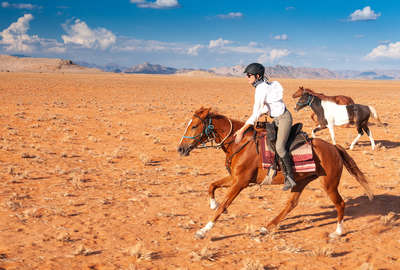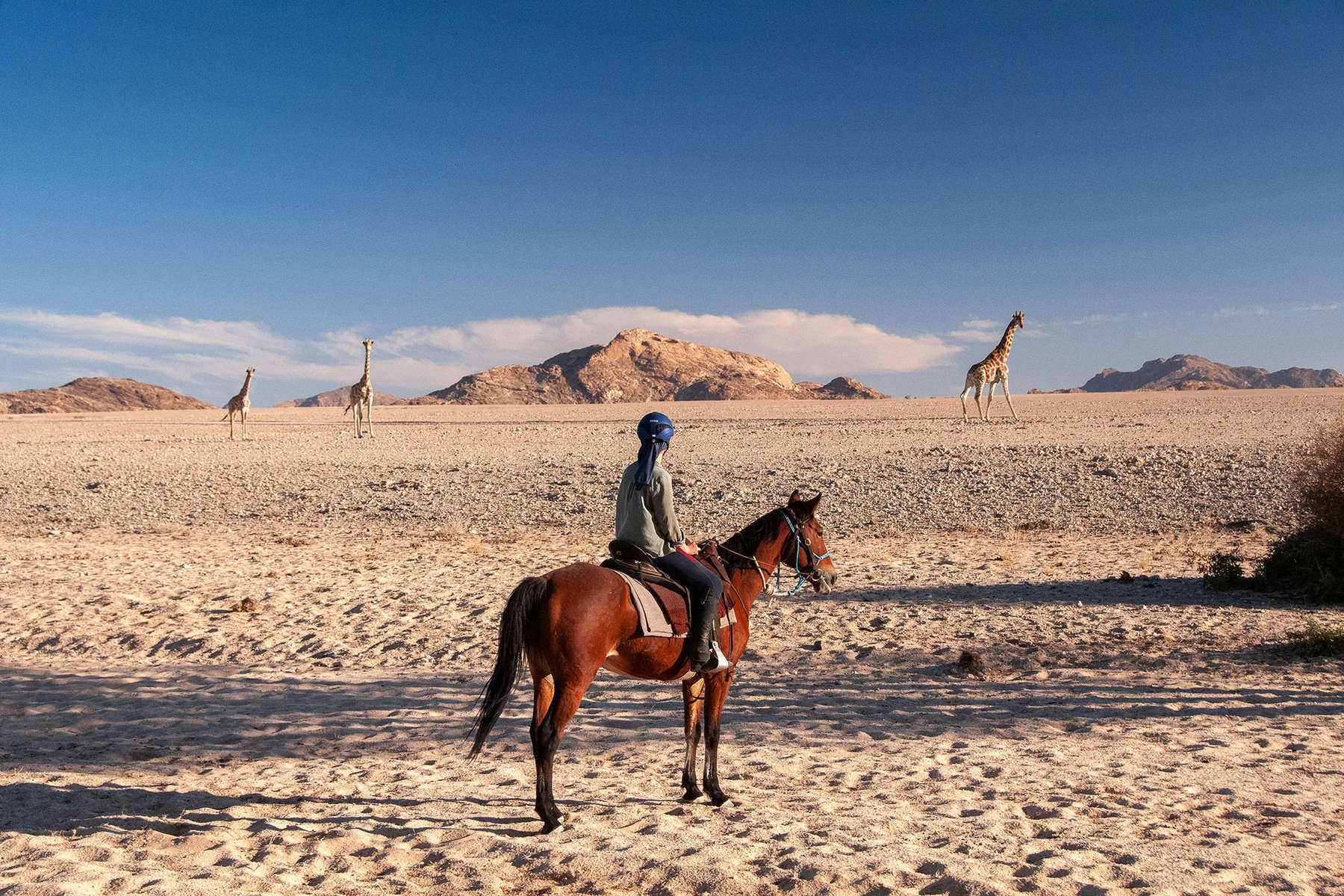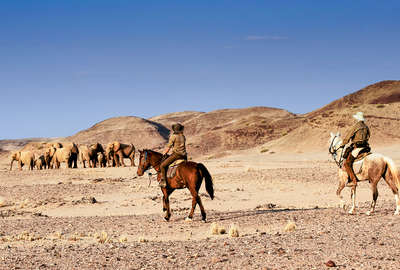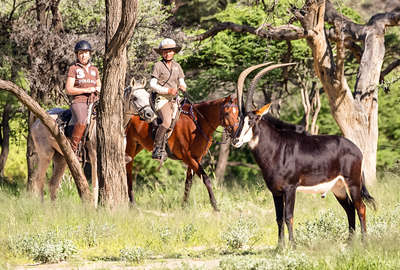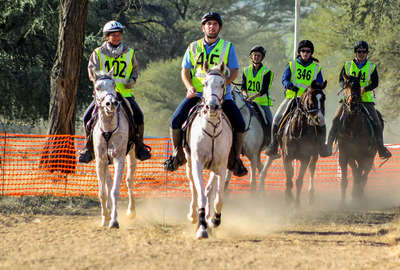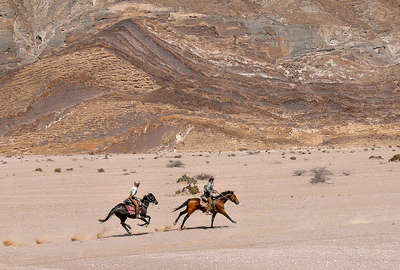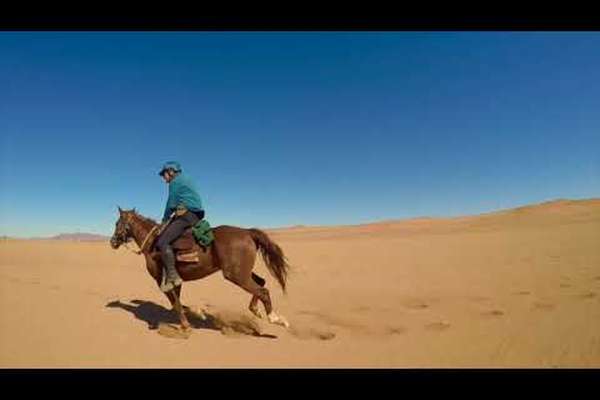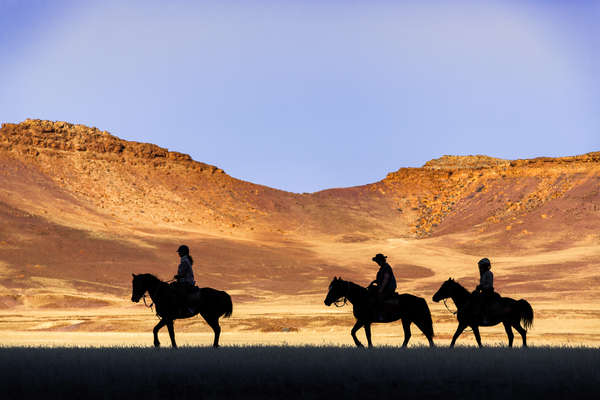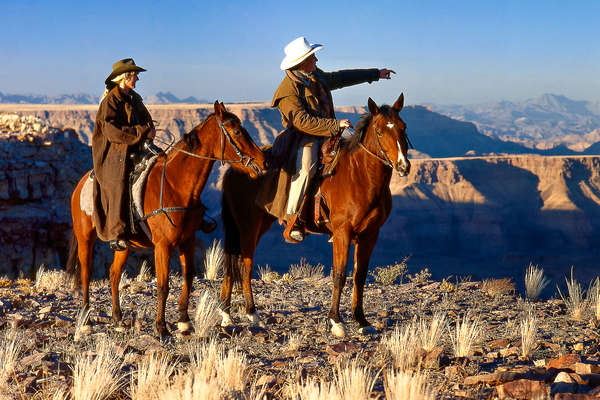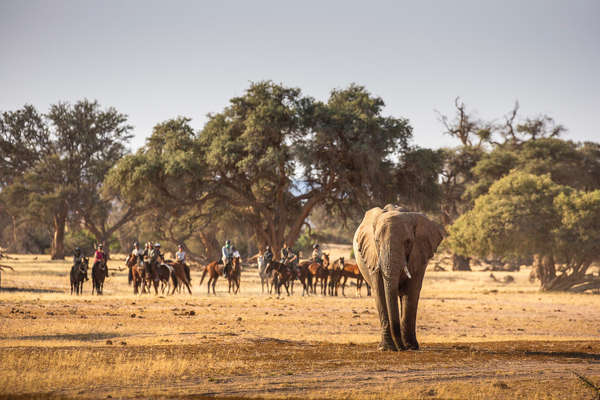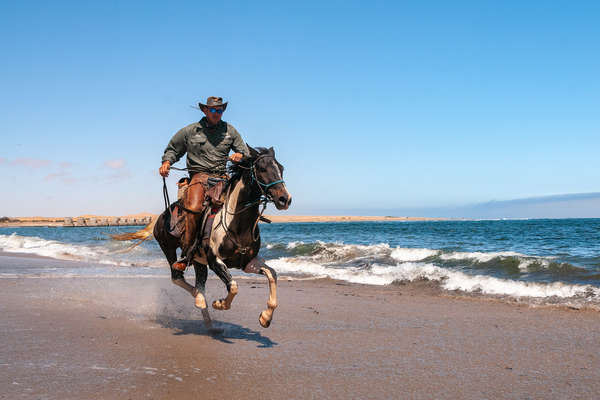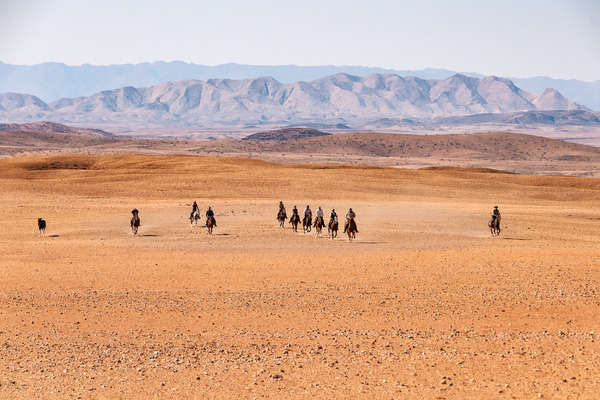Please refer to your home country's Foreign Office website for up-to-date information. This section predominantly refers to UK citizens, and advice can vary depending on your nationality. Although we endeavour to keep this section updated, requirements can change quickly, and your home country's Foreign Office website takes precedence.
Entry requirements
Starting from April 1, 2025, citizens from 31 countries must obtain a visa upon arrival in Namibia. The new policy includes prominent nations such as the US, France, Germany, the UK, Canada, and Italy. Travelers of these 31 countries must pay 1,600 N$ or approximately 88 US$, for a visa on arrival.
To enter Namibia, a passport valid for six months from date of entry with one blank page is required by all nationals of Australia, USA, Canada, the UK and other EU countries. If you require a visa, you must have at least three blank pages in your passport.
Validity:
To enter Namibia, your passport must have an ‘expiry date’ at least 6 months after the date you arrive. It must also have at least 3 blank pages. If you’re travelling to Namibia through South Africa read the
South Africa travel advice.
IMPORTANT - TRAVELLING WITH CHILDREN
Namibia introduced new immigration rules in 2016 relating to travel with children. In addition to valid passports, parents travelling with children (under 18) should at all times carry the original or certified copy of the unabridged birth certificate. The full unabridged birth certificate should list the child’s details and both parents’ details. The abridged (short) birth certificate which only lists the child’s particulars won’t be accepted by the Namibian Ministry of Home Affairs and Immigration.
Adults travelling with children where they are not the biological or legal guardians of those children, should be in possession of an affidavit statement from the child’s parents giving consent for their travel. If a child is travelling with only one parent, the other parent should give consent for travel in the form of an affidavit.
Unaccompanied children may be required to provide in addition to a valid passport:
Proof of consent from one or both parents/legal guardians in the form of an affidavit.
A letter from the person receiving the child including their residential address where the child will be staying.
Contact your nearest Namibian High Commission if you have any specific questions about your trip.
If your child was born in the UK, you can order a full unabridged birth certificate online via GOV.UK
IF TRAVELLING THROUGH SOUTH AFRICA:
Contact South African Immigration for what is required for other circumstances.
Addresses of consulates
6 Chandos Street
W1G 9LU London
Tél. : +44 (0) 20 7636 6244
Fax : +44 (0) 20 7637 5694
info@namibiahc.org.uk
There are no vaccinations legally required to travel to Namibia except that you need a yellow fever vaccination if you have travelled to a country (7 days or less before entering Namibia) where that disease is widely prevalent, such as Zambia.
Like with most countries, it's advisable to have general injections regarding diseases like Hepatitis A and typhoid. Most travellers are already vaccinated against DTP (Diptheria, Tetanus, Polio) and Hepatitis A, especially if you travelled already to countries outside the western world. If you are staying longer than 3 months or have a particular risk you might consider a rabies vaccination. Vaccination against Tuberculosis as well as Hepatitis B are also sometimes recommended for stays longer than 3 months.
Malaria is usually only a risk in the northern part of Namibia, and in some areas only during the wet season (October to April). The central and southern parts of the country, including Fish River Canyon and Sossuvlei are considered malaria free. Don't underestimate this tropical disease and take precautions. Buy repellent (preferably with 50% DEET), and sleep under a net.
It is a condition of your booking with Equus Journeys that you have travel insurance which covers you for the riding activities to be undertaken. Your travel insurance should cover you for medical expenses and repatriation. Your guides will require your travel insurance details before they allow you to ride and may refuse to let you ride if you cannot provide them. You should take your insurance documents with you.
220 volts AC, 50hz. Outlets are of the South African three-pin type (two small round pins over one larger round pin).
The Namibian Dollar (NAD; symbol N$) is in note denominations of N$200, 100, 50, 20 and 10. Coins are in denominations of N$5, N$1, 50 cents, 10 cents and 5 cents. It is linked to the South African Rand (R) on a 1:1 basis and the South African Rand is also acceptable as currency in Namibia.
Credit cards:
American Express, Diners Club, MasterCard and Visa are accepted. Credit cards are not usually accepted at petrol stations, so bear this in mind when you visit the ATM. Setting aside an emergency petrol cash fund is a good idea if you’re planning to drive.
ATM:
Although ATMs can be found in most towns, it’s worth making sure that you’ve got enough cash handy at all times, as towns can be few and far between. Make sure you notify your bank of your travel plans before you go: Namibia is among the countries that trigger an automatic account freeze (fraud protection) if you fail to tell your bank beforehand.
Namibia has an excellent fixed-line telephone network run by Telecom Namibia:
Domestic calls are reasonably priced, although international calls can cost upwards of N$20 (£1.40) per minute.
Mobile phone:
MTC is Namibia’s mobile service provider but has roaming arrangements with international providers. However, it operates on GSM 900/1800, which is compatible with European and Australian networks but not with those from North America or Japan. Check with your mobile provider whether they will be able to provide coverage through the MTC network during your stay. MTC does offer a prepaid service called Tango, which involves a one-off purchase of a sim card and pay-as-you-go thereafter. Although coverage is generally good, it can be sporadic outside urban areas.
Dialling code is +264
GMT + 1hr
